Brca Risk Assessment Form Printable ASSESSMENT OF RISK Mutations in the BRCA1 2 genes cluster in families showing an autosomal dominant pattern of inheritance in either the mother s or father s family
Genetic risk assessment and BRCA mutation testing is generally a multistep process involving identification of individuals who may be at increased risk of potentially harmful mutations The USPSTF recommends that primary care clinicians using an appropriate brief familial risk assessment tool should screen women with Personal or family history of breast ovarian tubal or peritoneal cancer or Ancestry associated with BRCA1 2 gene mutation The USPSTF document further states that Women with a positive result on the
Brca Risk Assessment Form Printable

Brca Risk Assessment Form Printable
https://i1.rgstatic.net/publication/301705601_Evaluation_of_BRCAPRO_Risk_Assessment_Model_in_Patients_with_Ductal_Carcinoma_In_situ_Who_Underwent_Clinical_BRCA_Genetic_Testing/links/572cd68408aee02297597e2b/largepreview.png
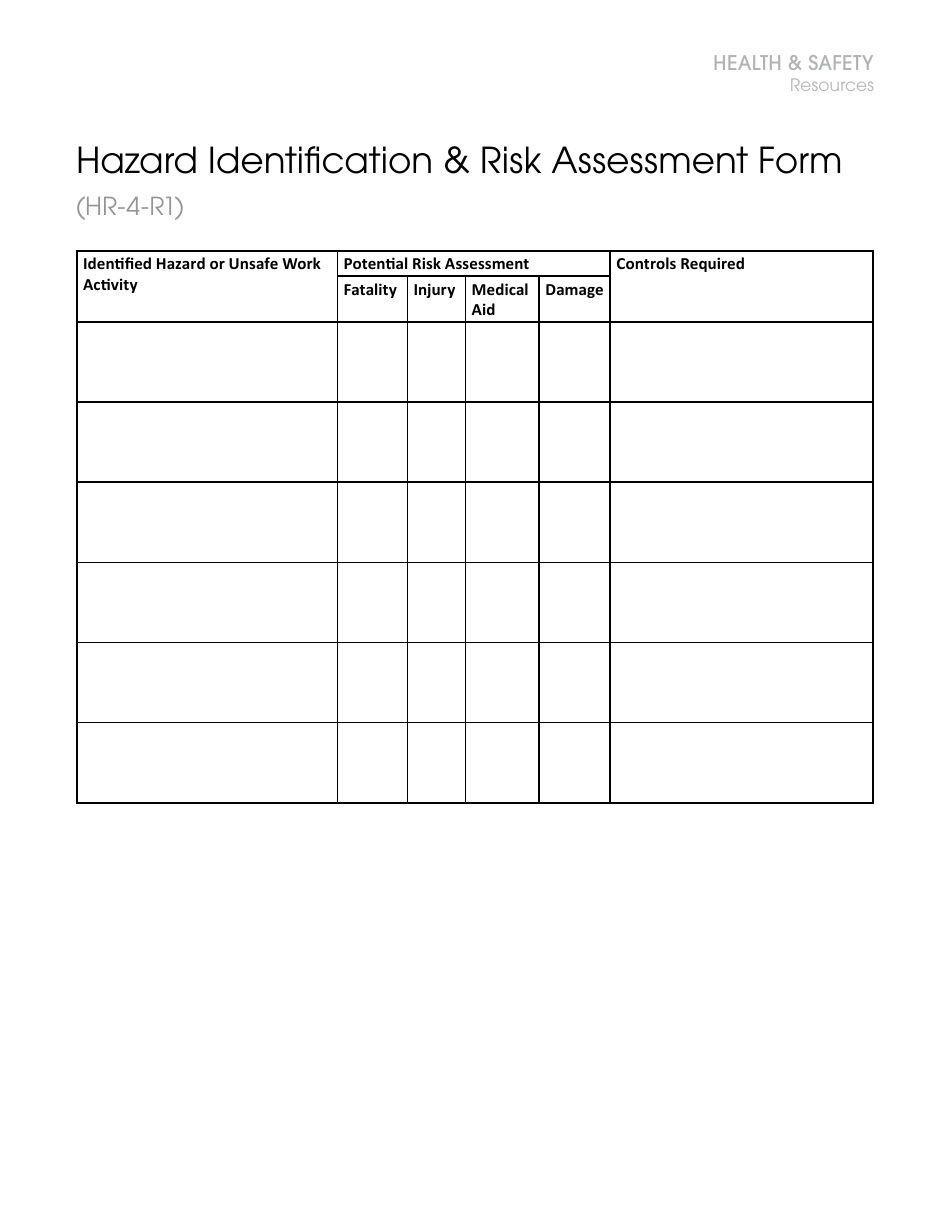
Printable Risk Assessment Forms
https://data.templateroller.com/pdf_docs_html/1574/15743/1574384/hazard-identification-risk-assessment-form-health-safety-resources_print_big.png

Printable Health Risk Assessment Form Printable Form Templates And Letter
https://www.pdffiller.com/preview/79/148/79148514/large.png
Importance Potentially harmful mutations of the BRCA1 2 genes are associated with increased risk for breast ovarian fallopian tube and peritoneal cancer 1 6 For women in the United States breast cancer is the most common cancer after nonmelanoma skin cancer and the second leading cause of cancer death 7 In the general population BRCA1 2 mutations occur in an estimated 1 in 300 to 500 The BRCA gene test looks for DNA changes that increase the risk of breast cancer and ovarian cancer BRCA1 and BRCA2 are the most well known genes Testing often looks for those genes and many other genes that increase the risk of breast and ovarian cancers Changes in these genes significantly increase the risk of many cancers including
The U S Preventive Services Task Force USPSTF recommends that primary care clinicians conduct a risk assessment for women who are at increased risk of having mutations in specific genes that are associated with increased cancer risk Risk Assessment Patients with family or personal histories of breast ovarian tubal or peritoneal cancer or ancestry associated with harmful BRCA1 2 mutations should be assessed using a familial risk assessment tool The USPSTF found adequate evidence that these tools are accurate in identifying women with increased likelihood of BRCA1 2
More picture related to Brca Risk Assessment Form Printable
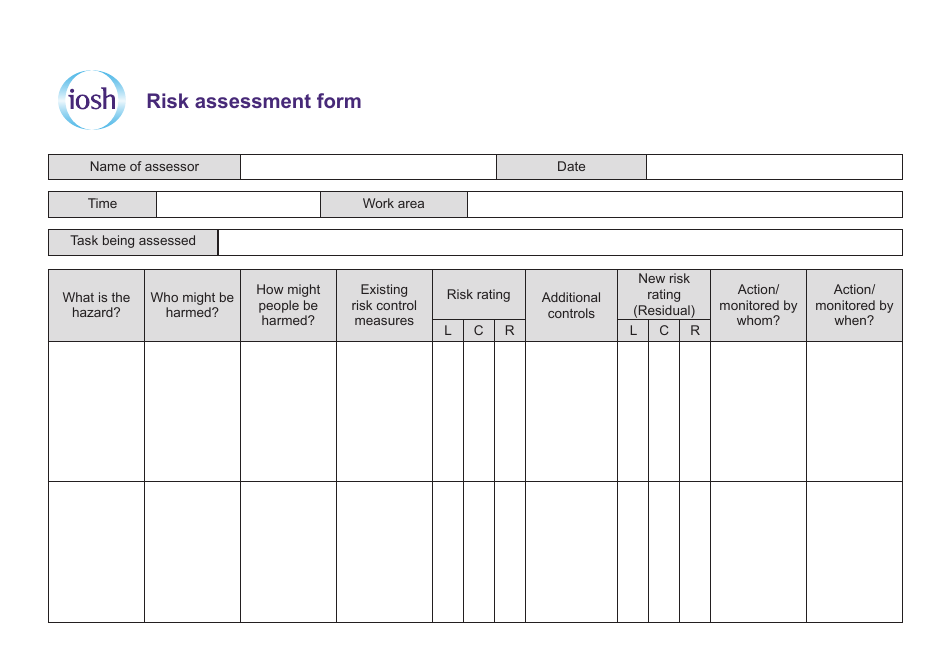
Blank Risk Assessment Forms Free Download
https://data.templateroller.com/pdf_docs_html/1576/15768/1576803/risk-assessment-form-iosh_print_big.png
Cancer Risk For People With A BRCA1 Mutation
https://www.facingourrisk.org/uploads/brca1-breast-cancer-new.PNG

Brca Risk Assessment Form Printable Printable Forms Free Online
https://diwhuc67oxqlw.cloudfront.net/images/Risk-Assessment-2.jpg
A personalized cancer risk management plan can be developed for individuals known to be at increased cancer risk due to a mutation in BRCA1 or BRCA2 A cancer risk management plan is typically tailored to a person s unique circumstances and preferences You and your doctors will ultimately decide what plan makes the most sense for you While the risk for the development of breast cancer is the highest of the epithelial malignancies between 40 to 80 the likelihood of developing other cancers including ovarian pancreatic and prostate is also increased in patients with BRCA1 and BRCA2 mutations 7 Go to Epidemiology
In the August 20 2019 issue of JAMA the US Preventive Services Task Force USPSTF 1 offers updated recommendations for risk assessment counseling and genetic testing for the BRCA1 and BRCA2 genes As in 2013 the USPSTF recommends risk assessment for women with family histories of breast ovarian tubal or peritoneal cancers using risk stratification tools and offering those with To determine the best approaches for population based risk assessment and testing more research is needed about mutation prevalence and effects on the general population as well as ethnicities or ancestries associated with BRCA1 2 mutations Because risk assessment is primarily based on family history more research is needed to better

Free Legionella Risk Assessment Template Printable Templates
https://www.pdffiller.com/preview/260/339/260339830/large.png

Brca Risk Assessment Form Printable Printable Forms Free Online
https://media.springernature.com/lw785/springer-static/image/art:10.1186/1471-2350-9-116/MediaObjects/12881_2008_Article_410_Fig1_HTML.jpg
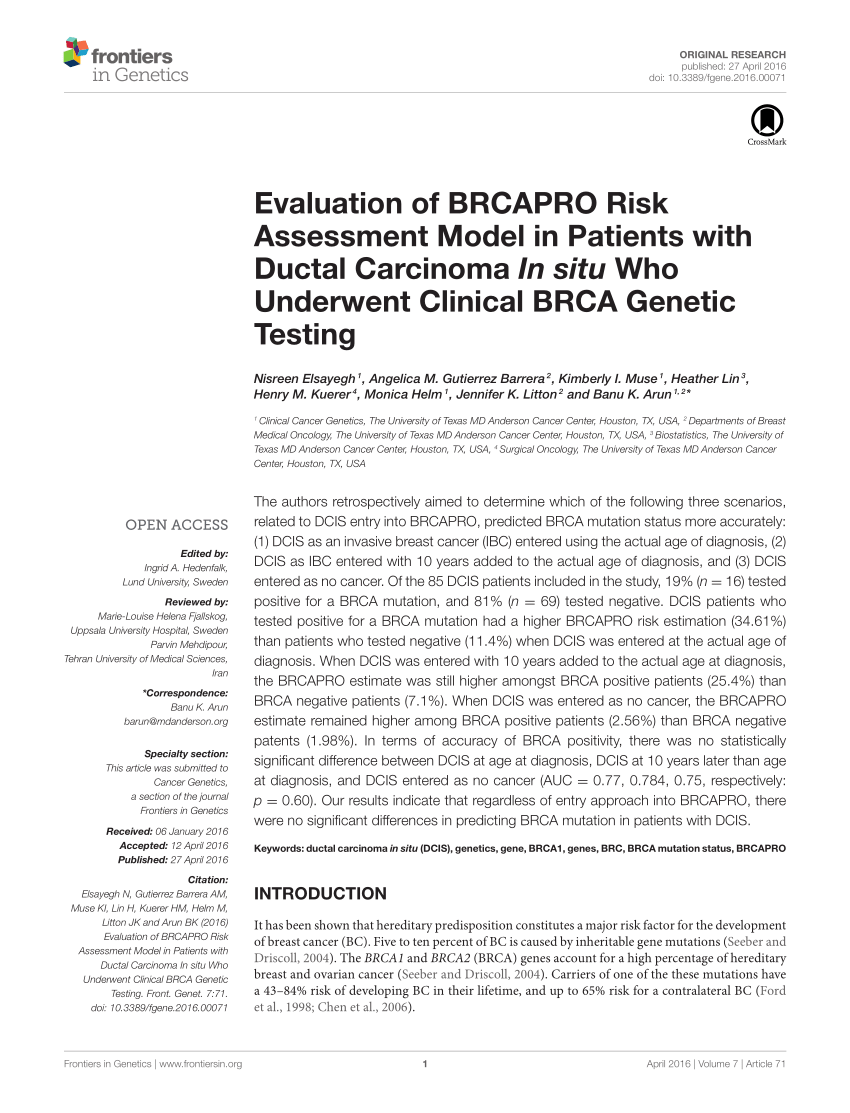
https://www.aafp.org/pubs/afp/issues/2020/0215/p233.html
ASSESSMENT OF RISK Mutations in the BRCA1 2 genes cluster in families showing an autosomal dominant pattern of inheritance in either the mother s or father s family
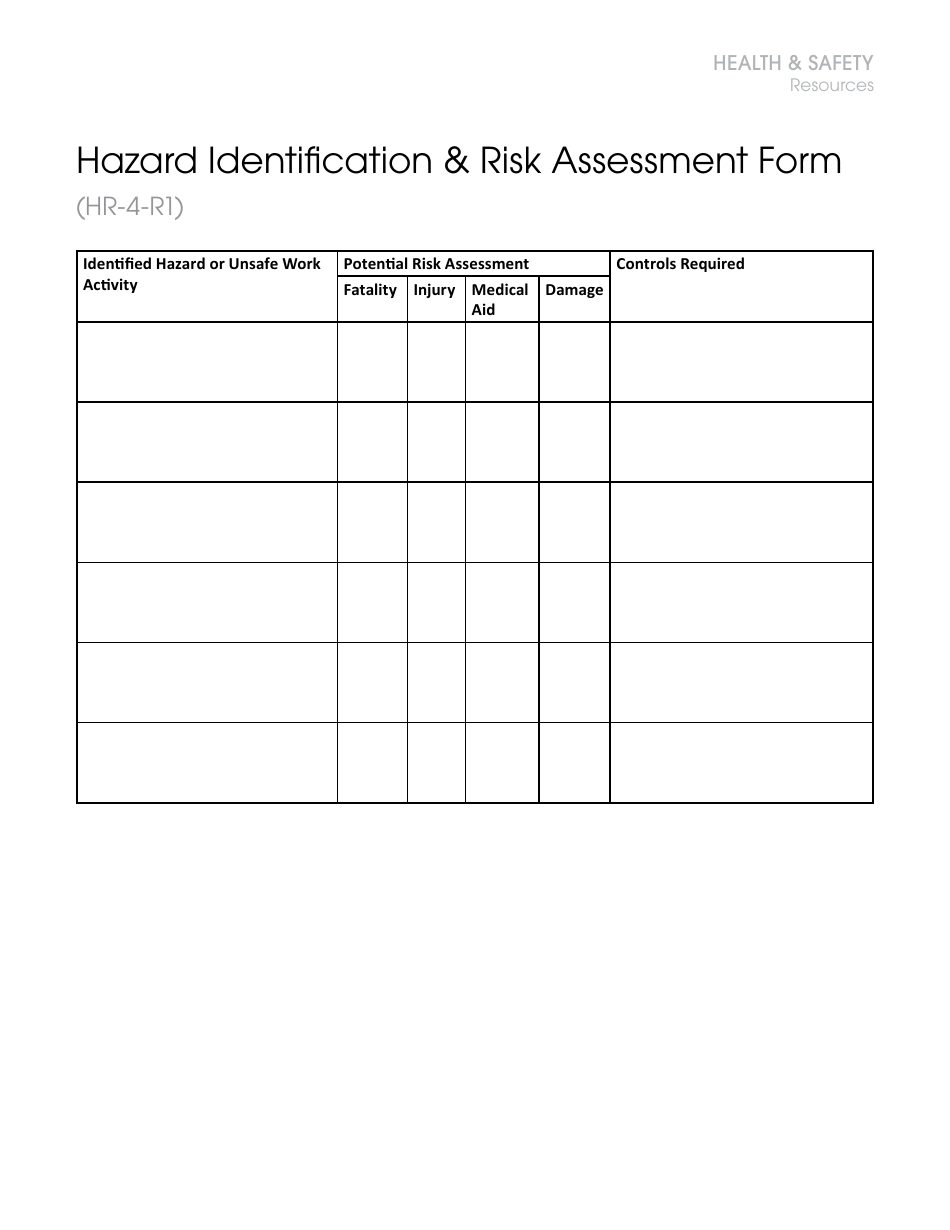
https://www.aafp.org/pubs/afp/issues/2015/0115/od1.html
Genetic risk assessment and BRCA mutation testing is generally a multistep process involving identification of individuals who may be at increased risk of potentially harmful mutations
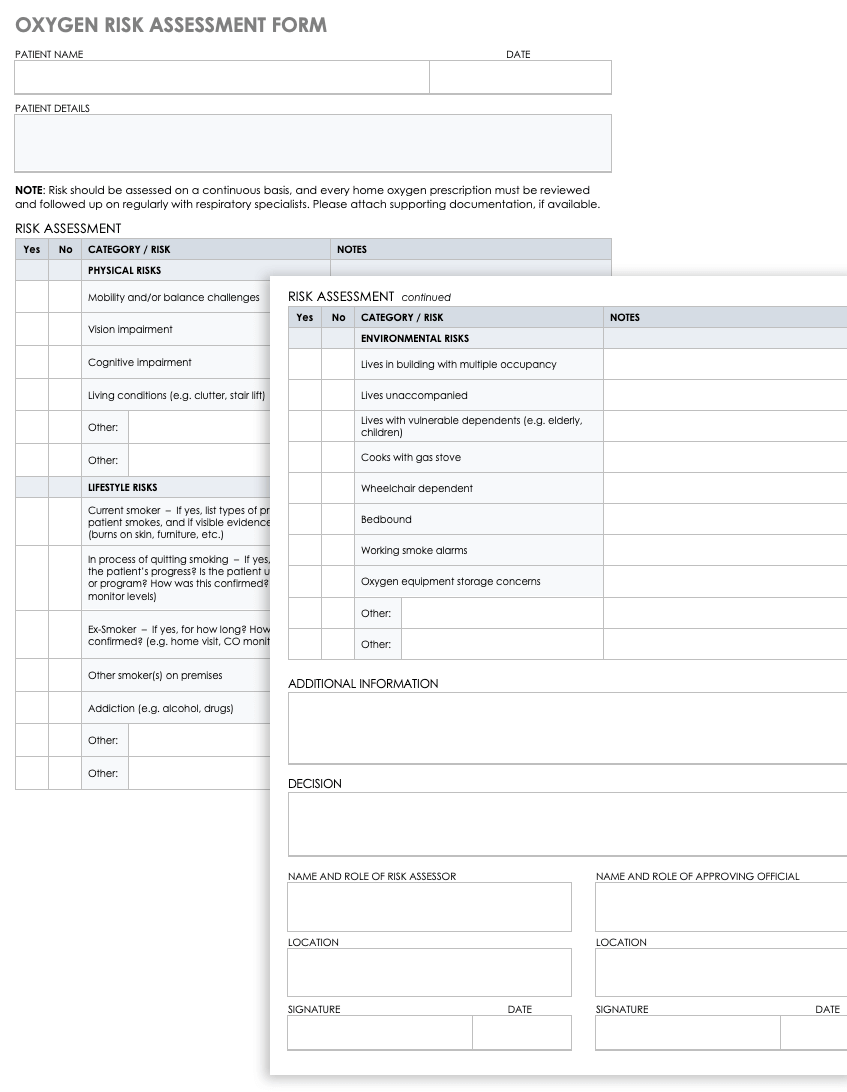
Brca Risk Assessment Form Printable Printable Forms Free Online

Free Legionella Risk Assessment Template Printable Templates

Printable Risk Assessment Matrix Template Printable Templates

Risk Assessment Evaluation Form

Risk Assessment Form Printable Pdf Download
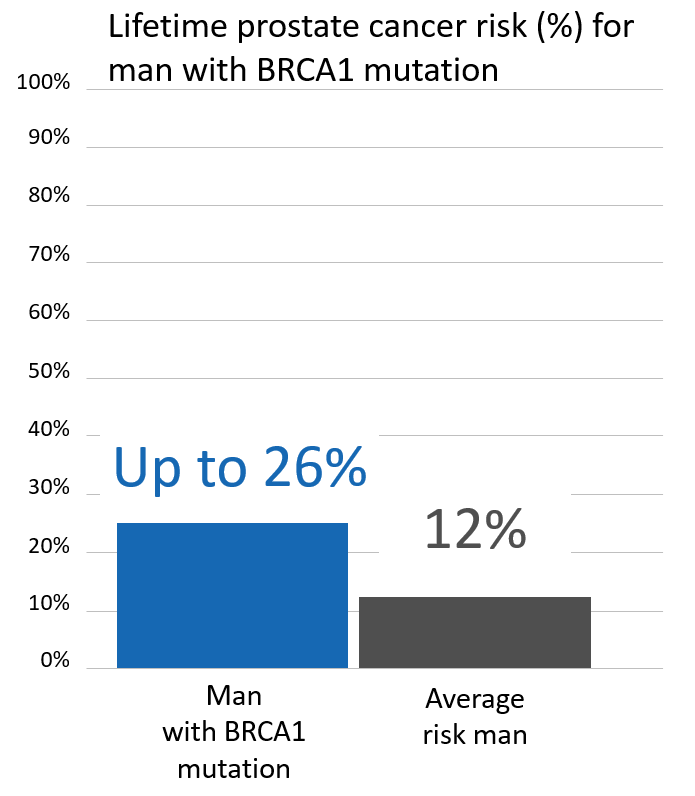
Cancer Risk For People With A BRCA1 Mutation

Cancer Risk For People With A BRCA1 Mutation
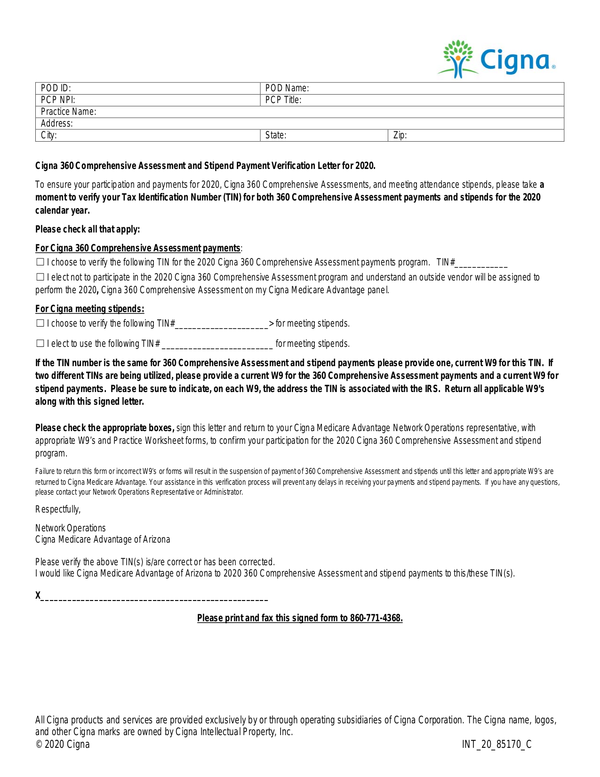
Brca Risk Assessment Form Printable Printable Forms Free Online
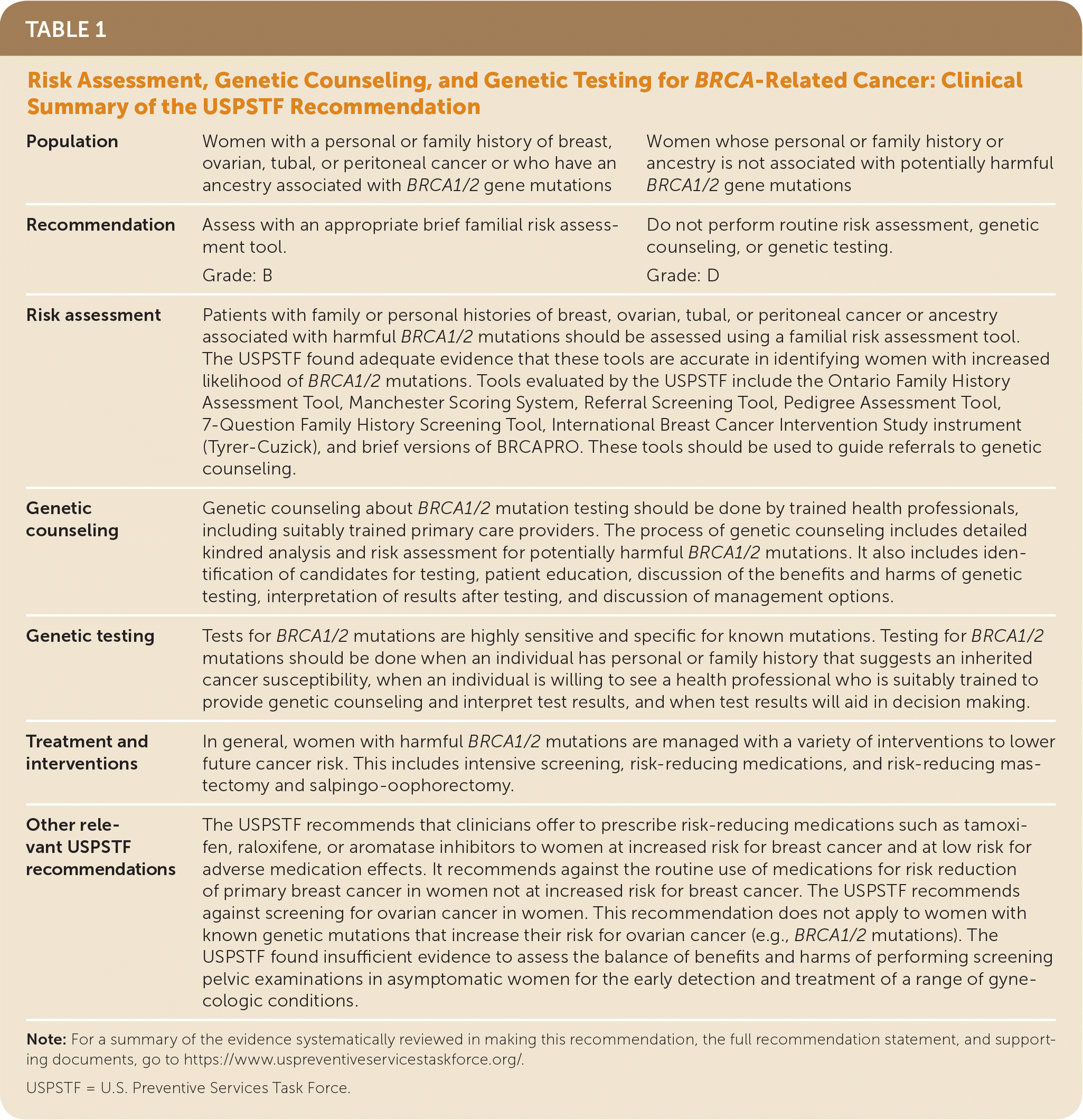
Risk Assessment Genetic Counseling And Genetic Testing For BRCA Related Cancer Recommendation
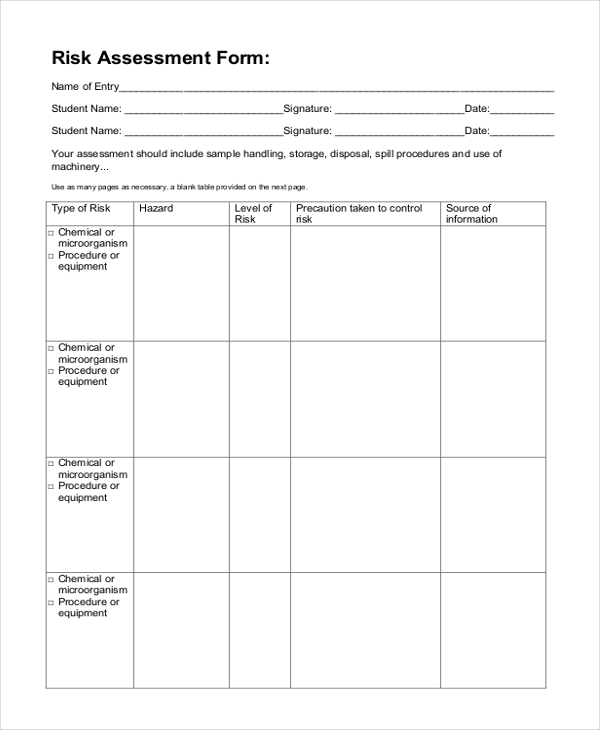
Printable Risk Assessment Forms Printable Forms Free Online
Brca Risk Assessment Form Printable - Figure 1 Analytic Framework Risk Assessment Genetic Counseling and Genetic Testing for em BRCA em Related Cancer in Women Figure 2 Literature Search Flow Diagram Risk Assessment Genetic Counseling and Genetic Testing for em BRCA em Related Cancer in Women Table 1